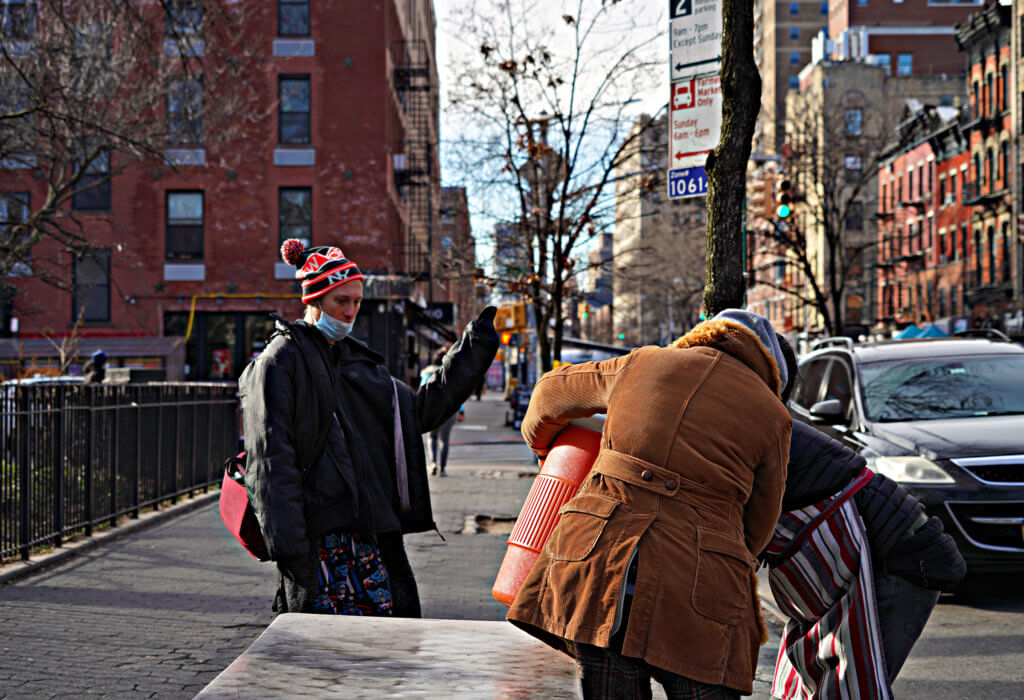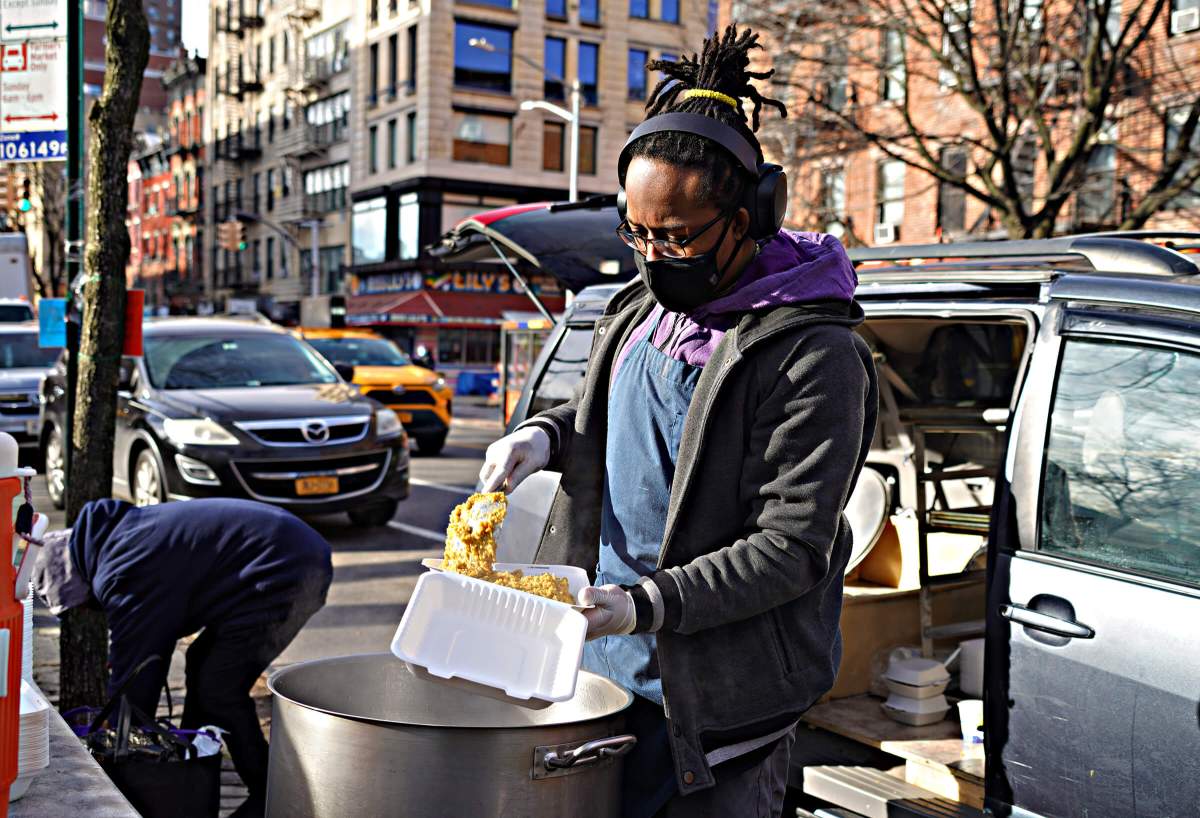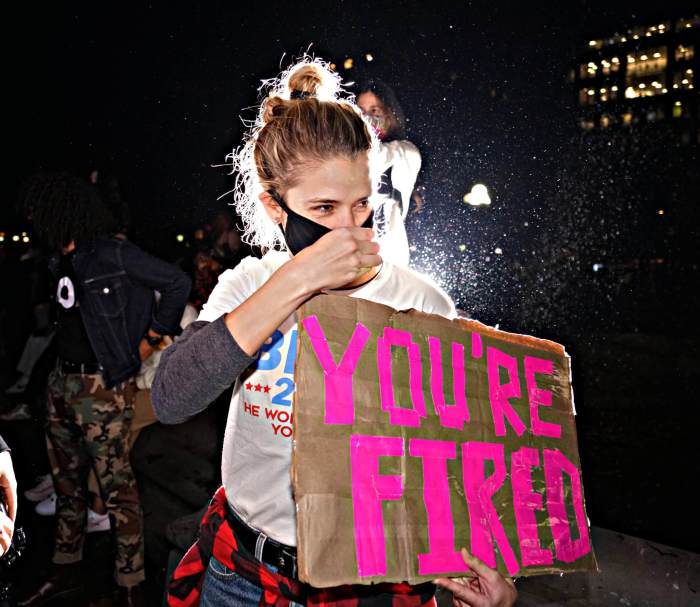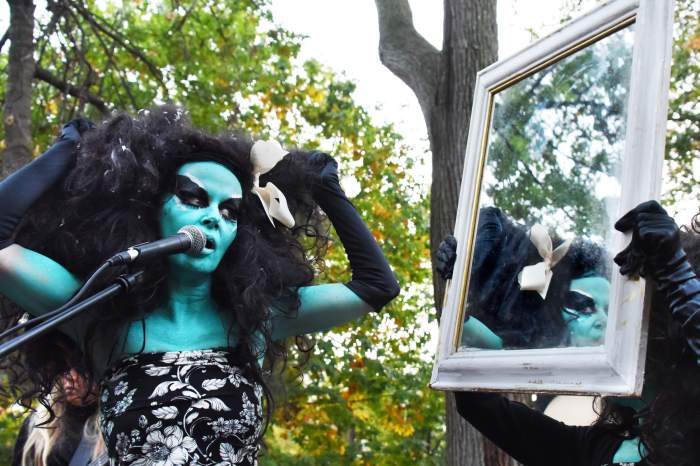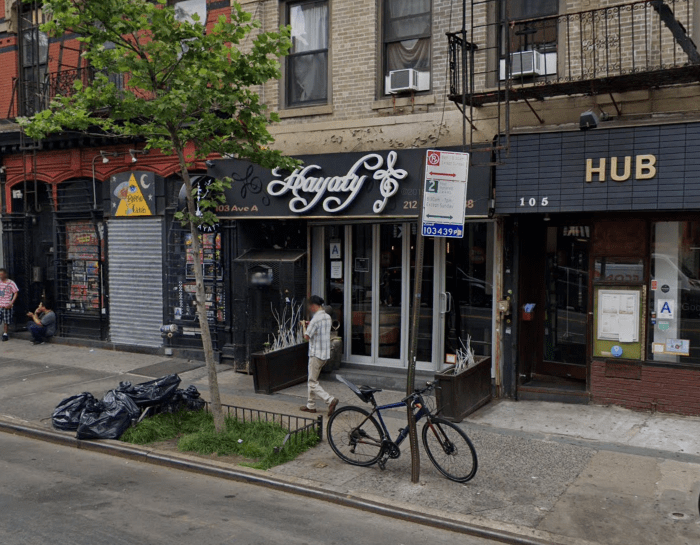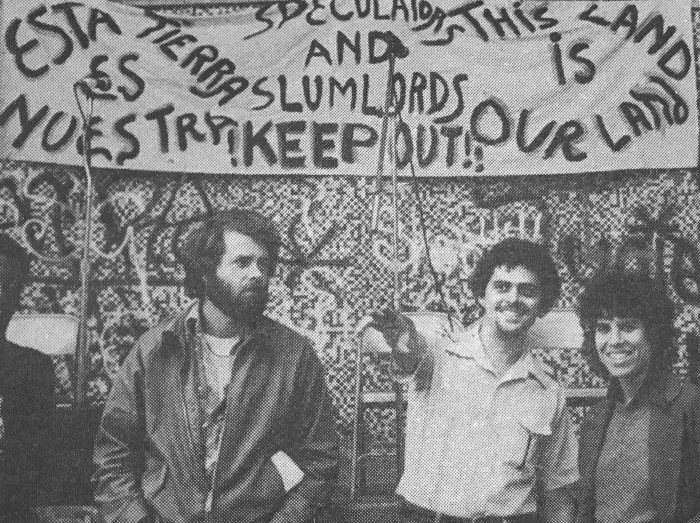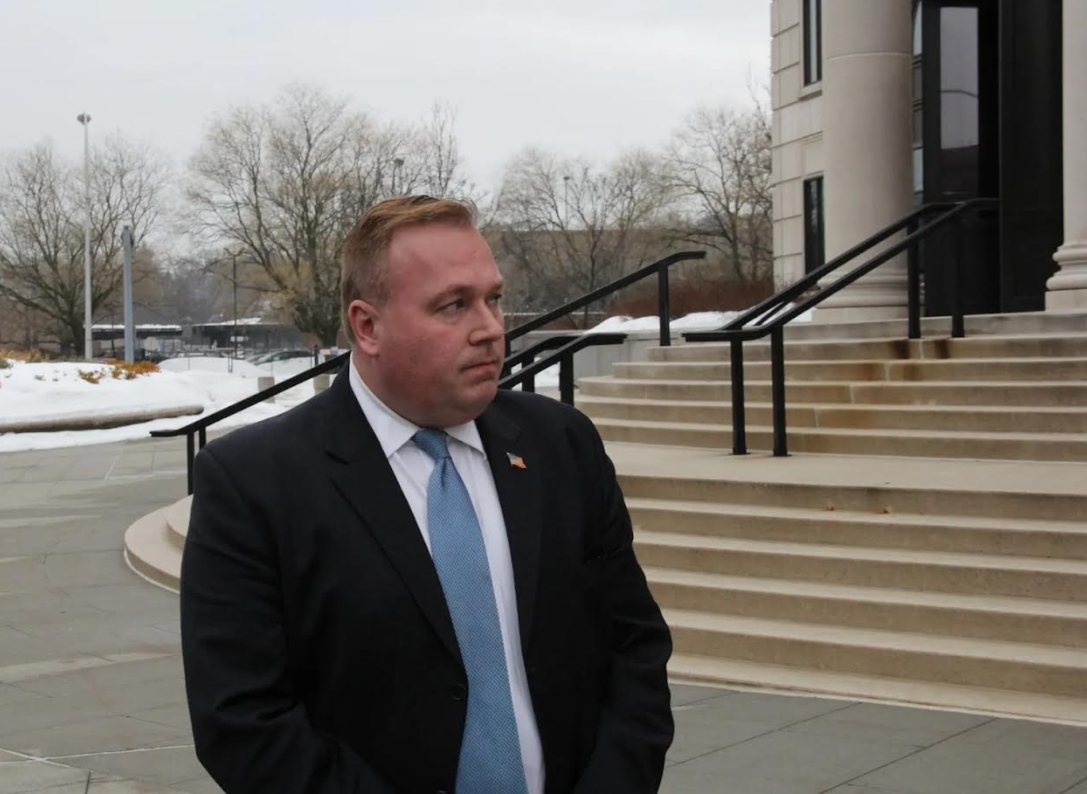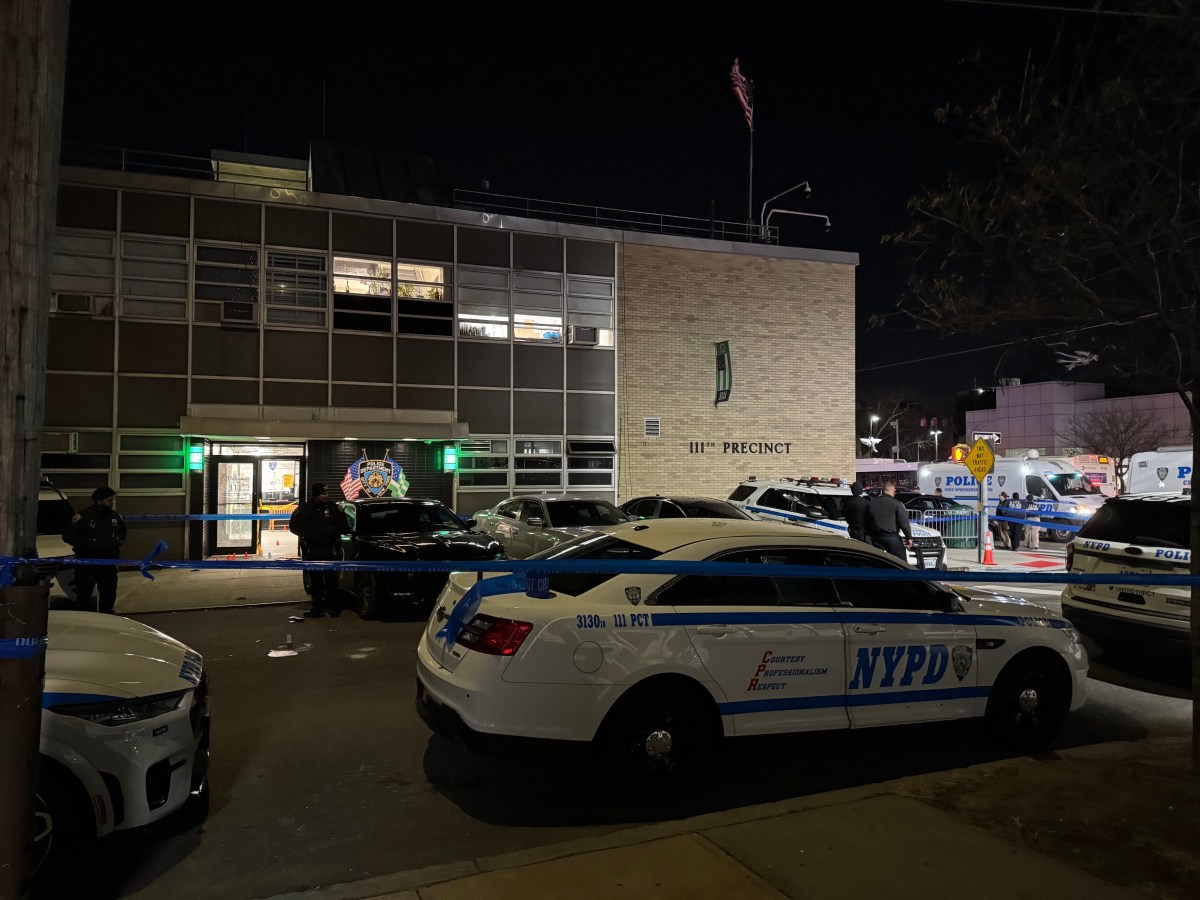Interfaith Community Services is fighting hunger in the East Village one bowl of food at a time.
The COVID-19 pandemic has seen an exponential increase in both homelessness and hunger. One need only to stroll through the Lower East Side’s Tompkins Square Park to see an abundance of individuals bundled up, sleeping rough on the grass and the winding concrete pathways and benches. With the loss of funding to social outreach programs, the homeless and low-income communities are having an even harder time gaining food insecurity aid.
The amalgamation of affluence and poverty residing in one single area has perhaps never been so prevalent. The East Village is a blend of two extremes: those who live in luxury apartments intertwined with rent-stabilized and low-income housing. There are also those who fall into the cracks of the housing crisis, individuals who can’t even afford a home.
One religious organization is striving to make a small difference in this critical situation by feeding those in need every Monday, Wednesday, and Thursday morning at 9:30 a.m.
For the past 22 years, Interfaith Community Services has been attempting to address a basic need in the Lower East Side—food. This organization operates on a multitude of levels, starting with the distribution of food. The outreach team has attempted to gain a rapport with homeless individuals, allowing them to be allies when making referrals to social services and other forms of aid.
Led by 73 year-year-old Adi Tarantino, a small table is erected a few days a week during the morning hours beside Tompkins Square Park, on the corner of 7th Street and Avenue A, where volunteers man a steaming pot and juice-filled cooler from which they distribute drinks and warm meals to those in need.
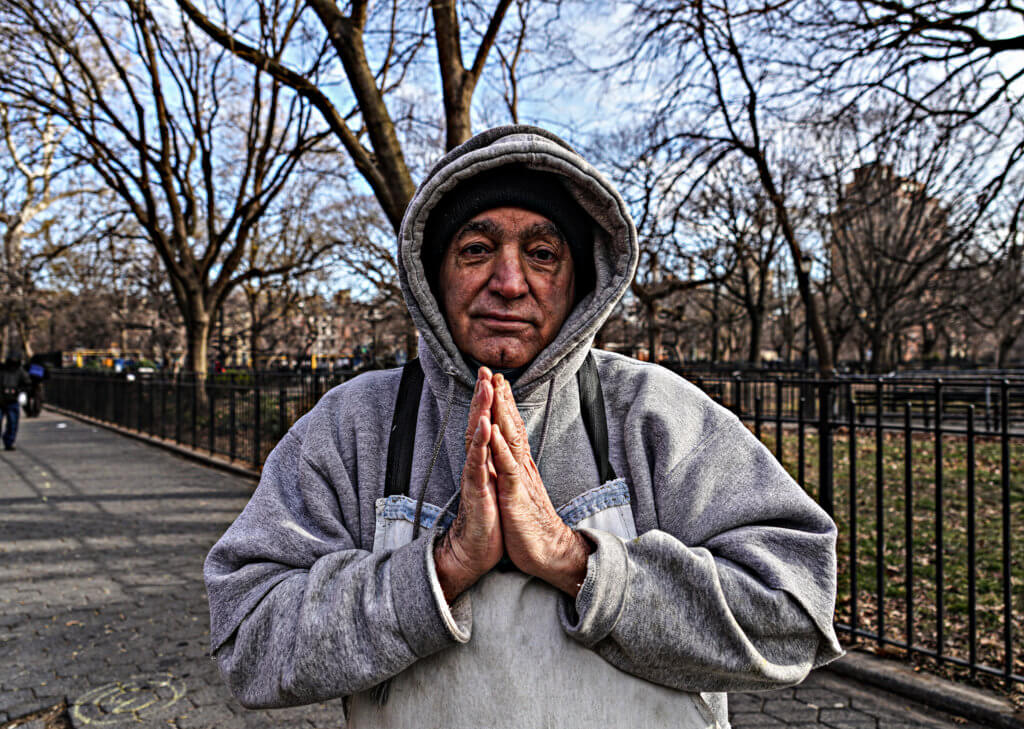
As word of this effort grows, the modest stand swiftly becomes bombarded with more hungry mouths each time they set up shop, sometimes forcing the team to employ traffic cones in order to control the growing line.
“We have a project trying to put a little love in the world. We are feeding people, homeless people—anybody, we feed anybody. It doesn’t matter whether they live in a cardboard box or a penthouse,” Tarantino told amNewYork Metro.
Tarantino also says seeds of the concept for this outreach effect grew from the way humans are taught from a young age, such as playing musical chairs, to fight for the winning spot. He believes that this mindset enforces a behavior that does not promote teamwork, but rather competition. He wants his work in the Lower East Side to inspire others to lend a helping hand with no judgement.
“Some people think [competitively] like that, but there is another way to look at the world. You have to try to help people,” Tarantino said.
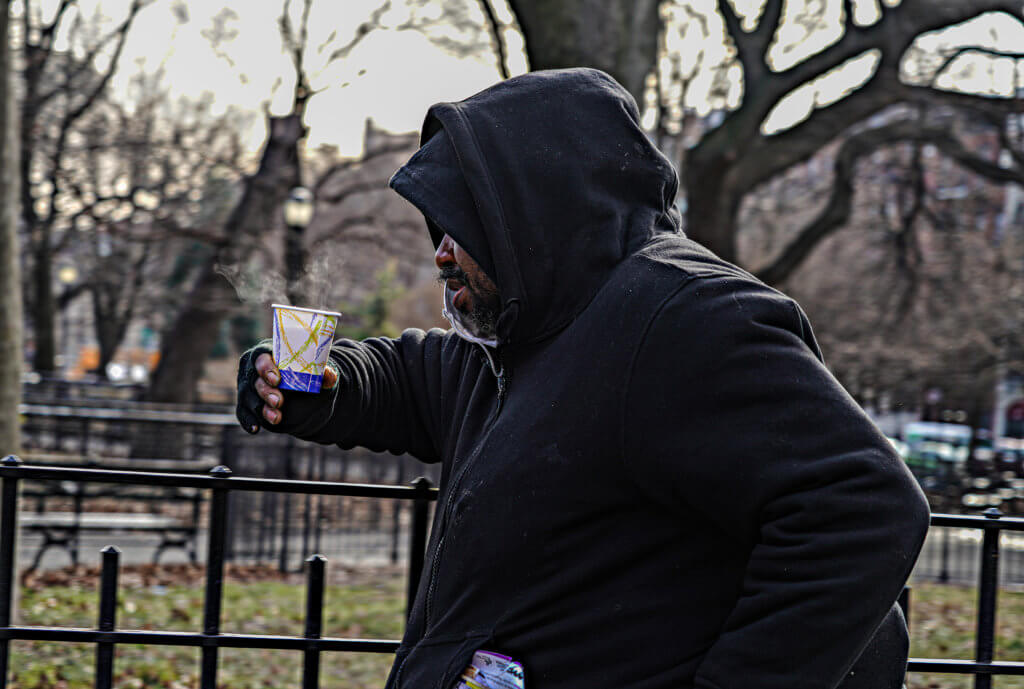
This organization’s members consist of a variety of faiths, including Christian, Muslim, and Jewish people, and although the program has been in effect for over 20 years, those at Interfaith Community Services believe the neighborhood is in need of support now more than ever. From rapid store closures, tremendous upticks in unemployment, and record-high food insecurity all over the city, the religious group says they are just putting some love into the world, and they affirm their work will help heal one person at a time.
“The food has a purifying effect on anyone who eats it. If the cook is angry, the anger goes in the food. If the cook is worried, the worry goes in the food. So here we are cooking with love. This is an endeavor to care for people,” Tarantino said.
Interfaith Community Services has been in operation for over 20 years and spends approximately $10,000 a month on this feeding program. The funds are raised by renting out a hostel. With the rent paid by occupants, the group uses these profits to give back by helping feed those in need.
Since the advent of the COVID-19 virus, the ability to sustain an ever-growing need has become exceedingly more difficult to keep up with the demand. Still, they say they welcome the opportunity to serve God and the people.
